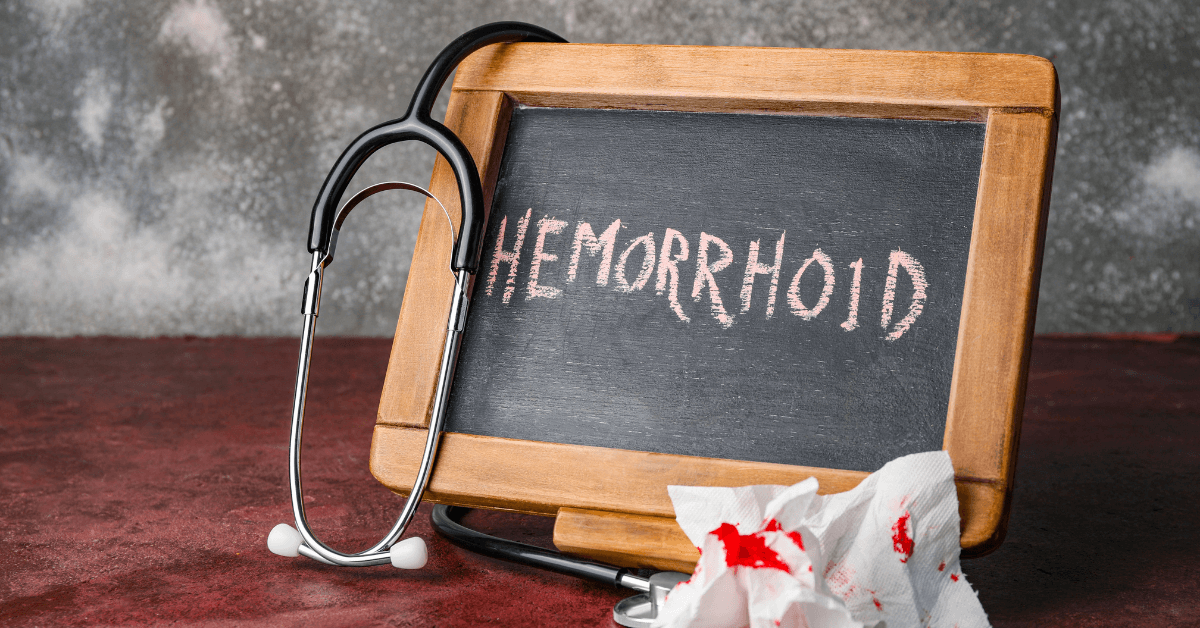Rectal Bleeding naturally causes a lot of understandable anxiety for most people. Seeing blood during a bowel movement can feel very frightening. Conversely, most instances of minor bleeding are actually caused by completely benign issues. Therefore, the most common culprit is often the simple hemorrhoid. However, you should never ignore persistent or severe bleeding completely. It is absolutely vital to know when to seek immediate medical attention. Consequently, this detailed guide helps you distinguish between minor and major causes. We strongly encourage prompt evaluation to rule out any serious conditions. The expert physicians at IBI Clinic emphasize the importance of early and accurate diagnosis.
Understanding Minor Bleeding Causes
Minor Rectal Bleeding frequently originates from the very lower gastrointestinal tract. The common presence of bright red blood suggests the source is close to the anal opening. Therefore, common benign causes account for the vast majority of these cases. Hemorrhoids and Anal Fissures are the two most likely culprits immediately. Hemorrhoids are essentially swollen veins in the rectum or anus. Straining during bowel movements can easily irritate and then break these delicate vessels. Furthermore, anal fissures involve a tiny tear in the thin anal lining. Passing hard stool typically causes the initial tear or trauma. Both conditions usually result in a small amount of bright red blood after defecation. However, fissures frequently cause sharp, intense pain that lasts for several hours.
Here are the signs of common benign causes:
- Bright Red Blood: The color indicates the source is very close to the anus.
- Small Volume: The bleeding appears as streaks on the toilet paper or stool surface.
- Pain Presence: Sharp, searing pain often suggests an anal fissure.
- Lumps Felt: The presence of a painful lump may indicate an external hemorrhoid.
Consulting a specialist quickly provides great peace of mind and clarity.
Recognizing Warning Signs for Concern
While most cases are benign, specific symptoms demand immediate medical evaluation. Warning signs for concern often point toward more significant issues within the colon or rectum. Therefore, you should never attribute large or persistent bleeding to simple hemorrhoids. Black or tarry stools, known medically as melena, signify bleeding higher up in the digestive tract. This darker blood has been digested along the way. Furthermore, blood mixed in with the stool suggests bleeding originates from the colon. These symptoms require urgent diagnostic testing for clarity. Consequently, understanding these warning signs for concern protects your long-term health.
You must contact the IBI Clinic immediately if you experience these issues:
- Dark or Tarry Stools: This indicates bleeding from the upper GI tract.
- Large Volume of Blood: Excessive blood loss is always a medical emergency.
- Weight Loss: Unexplained and significant weight loss is a serious sign.
- Changes in Bowel Habits: Sudden, persistent constipation or diarrhea is highly concerning.
- Severe Abdominal Pain: Intense cramping or pain should prompt immediate professional care.
Seeking expert advice quickly allows for accurate diagnosis.
Hemorrhoids and Anal Fissures Diagnosis
Diagnosing Hemorrhoids and Anal Fissures usually involves a simple and straightforward physical examination. The physician will carefully examine the anal area for any visible external hemorrhoids. Furthermore, a gentle digital rectal exam may be necessary to feel for internal issues. This brief check also assesses muscle tone effectively. In addition, an anoscope, which is a small lighted tube, allows the doctor to visually inspect the anal canal. IBI Clinic specialists perform these gentle procedures with great professionalism. Identifying the source of Rectal Bleeding is the most crucial first step. If the bleeding source is confirmed as a hemorrhoid or fissure, simple, non-invasive treatments are often highly effective.
Here are common non-invasive treatments:
- Dietary Changes: Increasing your daily fiber and fluid intake softens the stool effectively.
- Topical Creams: Prescription ointments reduce inflammation and promote speedy healing.
- Sitz Baths: Warm water soaks reduce painful muscle spasms and greatly soothe irritation.
- Rubber Band Ligation: This quick in-office procedure treats problematic internal hemorrhoids.
These common benign causes frequently resolve completely within a few weeks.
Diagnostic Tools for Deeper Issues
When common benign causes are ruled out, your physician may recommend further testing. These specific diagnostic tools help visualize the upper colon and rectum completely. For example, a colonoscopy allows the doctor to examine the entire colon lining for any abnormalities. The doctor uses a thin, flexible tube with an attached camera for this examination. They can effectively check for polyps, inflammation, or any bleeding sources. Furthermore, a sigmoidoscopy examines only the lower part of the colon. The choice of diagnostic procedure depends entirely on your age and comprehensive medical history. These diagnostic tools are essential for identifying inflammatory bowel disease or colorectal cancer. Taking these proactive steps ensures the definitive treatment of the underlying cause.
Here are two primary diagnostic tools:
- Colonoscopy: This procedure allows for the comprehensive visualization of your entire colon.
- Sigmoidoscopy: This test examines only the lower part of the rectum and your sigmoid colon.
These procedures provide the clarity necessary for your effective treatment plan.
Rectal Bleeding: When to Consult IBI Clinic
You should consult the IBI Clinic immediately if you experience any persistent bleeding. Our expert providets expertly differentiate minor causes from serious conditions. They determine the definitive source of your Rectal Bleeding quickly. Furthermore, we offer comprehensive treatment options for various anorectal diseases. Our methods range from conservative lifestyle advice to minimally invasive surgical procedures. IBI Clinic specialists always prioritize effective diagnosis and patient comfort above all else. Do not ignore your body’s warning signs or delay necessary care any longer. Ignoring blood puts your long-term health at significant risk. Therefore, prioritize your digestive health and seek professional help now. Taking this critical step ensures the best possible outcome.



